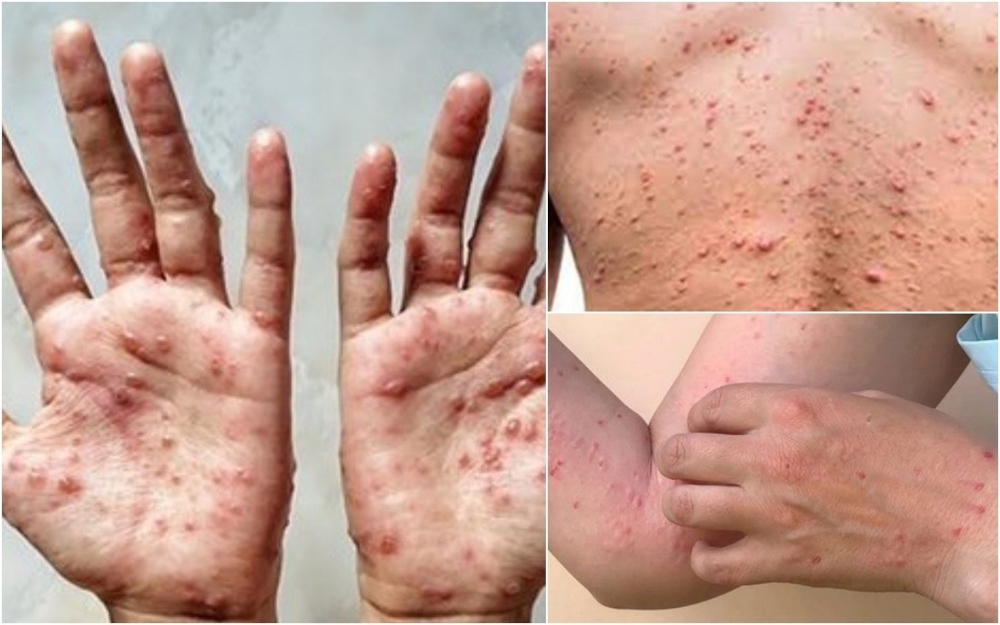India has confirmed its first case of a new strain of mpox, known as clade 1b, which has prompted a public health emergency alert from the World Health Organization (WHO). The highly transmissible variant has been linked to recent outbreaks in Africa and is raising concerns among health officials both domestically and globally.
The case involves a 38-year-old man from the southern state of Kerala who recently returned from Dubai. According to reports, the patient has been hospitalized and is currently receiving treatment, while health authorities work to trace and monitor those who may have come into contact with him. Health Ministry spokesperson Manisha Verma confirmed that the reported case in Kerala’s Malappuram district belonged to the new clade 1 variant. In an effort to contain the spread of the virus, health officials are closely monitoring approximately 29 friends and family members of the patient, as well as 37 passengers who were on the same flight. So far, none of them have exhibited any symptoms related to the virus.
Mpox, previously known as monkeypox, is a contagious virus that can lead to painful skin lesions and a variety of other symptoms. These include fever, muscle aches, swollen lymph nodes, and in severe cases, can even result in death if left untreated. The WHO declared mpox a public health emergency in Africa back in August, recognizing the growing threat posed by the virus. Since then, the more dangerous clade 1b variant has spread beyond the African continent to several countries, including Sweden, Thailand, and Pakistan.
In the past two years, India has reported more than 30 cases of mpox caused by the older clade 2 strain, which is considered to be less infectious than the new variant. Earlier this month, another mpox case was reported in a man from the northern state of Haryana, who required hospitalization for a few days due to the infection.
Mpox spreads from animals to humans and can also be transmitted between people through close contact. This includes interactions such as sexual contact, skin-to-skin contact, and even close breathing or talking. The increased transmissibility of clade 1b has led to heightened vigilance among health authorities. In response to this emerging threat, the Indian federal government has issued an advisory to all states, urging them to remain alert for potential mpox cases.
To facilitate prompt testing and diagnosis, around 35 laboratories across the country have been designated for suspected mpox cases. The Indian government is emphasizing the importance of early detection and swift response to manage the outbreak effectively and prevent further spread of the virus.
As the situation evolves, health officials continue to monitor the spread of mpox and encourage the public to take precautions, such as maintaining hygiene and avoiding close contact with individuals who show symptoms of infection. The emergence of the new clade underscores the necessity for global cooperation in addressing public health challenges and mitigating the risks posed by infectious diseases.



